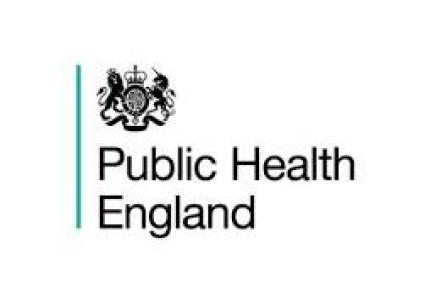Jacob Rees-Mogg, the Minister of State for Brexit Opportunities and Government Efficiency, recently announced that he seeks to improve government efficiency by ordering a review of all quangos. He suggests that by closing some, merging others and reclaiming direct government control over others, millions of pounds are going to be saved and our lives improved.
This is an important boast and relevant to the quality of health care in England as quangos play a major role in the running of the health and social care services. The National Institute for Health and Care Excellence (NICE), for example, is a quango.
Quango culls are, of course, nothing new as successive governments regularly seek to conduct them. The Cameron-Clegg coalition government was the last to do so, only to end up creating new quangos and terminating fewer than claimed, because governments find them useful.
Quangos, executive agencies, what are they?
Quasi autonomous government organisations or “quangos” for short are the popular name for non-departmental public bodies (NDPB). They enjoy legal and constitutional separation from ministerial control and carry out their work largely independently (supposedly) from ministers and are accountable to the public through Parliament. Quangos should not be confused (although it is easily done) with “executive agencies”, which are part of a government department, but are treated as managerially and budgetarily separate. An example of an executive agency is the now defunct Public Health England.
“So what? Where is this blog going?”, we hear you ask.
The closure of Public Health England and the creation of two new public health organisations
The sudden and unexpected closure of Public Health England (PHE) in the middle of the Covid-19 pandemic resulted in the creation of two new public health organisations that are intended to take up the baton and become the leaders of public health:
- UK Health Security Agency (UKHSA) (another executive agency responsible since April 2021 for UK-wide public health protection and infectious disease capability), and
- Office for Health Improvement and Disparities (OHID), a non-ministerial governmental body located within the Department of Health and Social Care (DHSC), which leads national efforts to improve public health policy across England – for example, reducing the prevalence of obesity and inequalities in life expectancy linked to socio-economic conditions.
We are now getting closer to the problem, as two of these organisations were in the news this month and not for their excellence of practice. First, a legal case was won against the government and Public Health England as a third defendant, the judgement being that in discharging patients from hospital to social care early in the pandemic without implementing Covid-19 testing and due regard for quarantining:
“The common law claim succeeds against the Secretary of State and Public Health England in respect of both the March Discharge Policy and April Admissions Guidance documents to this extent: the policy set out in each document was irrational in failing to advise that where an asymptomatic patient (other than one who had tested negative) was admitted to a care home, he or she should, so far as practicable, be kept apart from other residents for 14 days”.
Second, the UKHSA was reported by the Guardian to be in disarray, facing massive funding cuts, poor staff morale and no strategic direction for addressing the future challenges.
Questions for the Covid-19 Inquiry on the future of public health
Neither story was unpredictable given the circumstances, but they raise profound questions for the UK’s Independent Covid Inquiry, chaired by Baroness Hallett, concerning the future organisation of public health in England.

